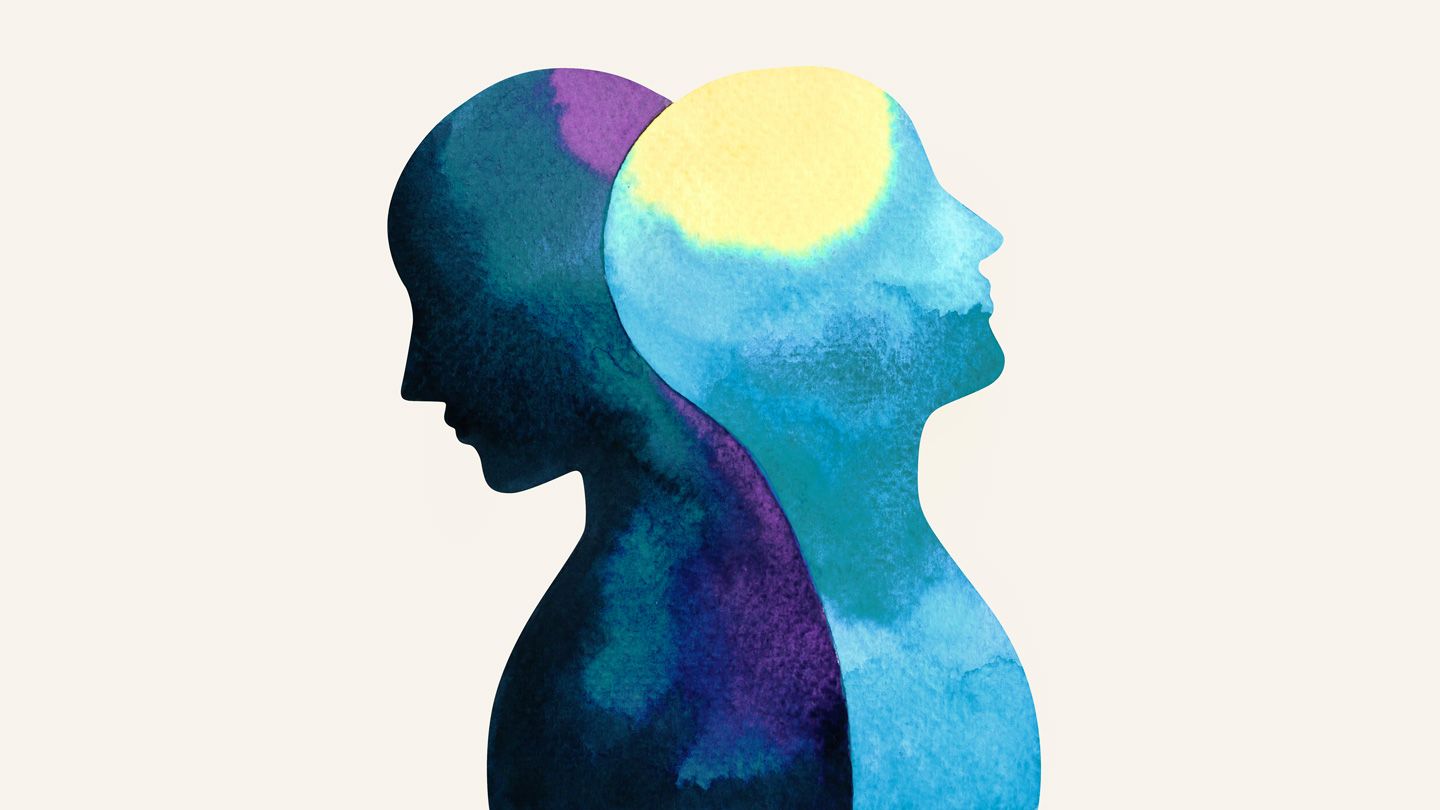Bipolar disorder is a mental disorder that causes depression and elevated mood. Also referred to as manic depression, Bipolar Disorder is a condition wherein an individual goes through extreme mood patterns – he behaves abnormally energetic, irritable, sad or extremely happy.
The person who suffers from Bipolar Disorder often faces difficulty in sleeping. As Bipolar Disorder causes episodes of depression, the person may end up with a negative outlook towards life. He may cry more often and feel uncomfortable in social gatherings. According to studies, people over the age of twenty years are more prone to suicide whereas. Mental health issues like anxiety disorders and substance use disorder are commonly associated with Bipolar Disorder. Bipolar Disorder is a serious condition as it causes risky behaviour such as suicidal attempts.
It is difficult to prevent Bipolar Disorder but recognising the symptoms at an early stage may help in an effective treatment. While the main causes of Bipolar Disorder are not known, experts say that environmental and genetic factors play a significant role in the onset of the condition. Some environmental factors that are responsible for causing Bipolar Disorder are stress (particularly long-term stress), history of child abuse, few genetic factors. It can happen in identical twins too. If one of the identical twins is affected with Bipolar Disorder, there are higher chances of the other sibling suffering from it too. The chemicals in the brain may also cause Bipolar Disorder. There are three chemicals in our brain, serotonin, dopamine and noradrenaline (norepinephrine) which are not only involved in the brain functions but also in the functioning of regular bodily functions. The chemicals, noradrenaline and serotonin are more linked to psychiatric mood disorders, like Bipolar Disorder and episodes of depression.
Continue Reading: https://timesofindia.indiatimes.com/life-style/health-fitness/health-a-z/bipolar-disorder/diseasearticle/55432540.cms






